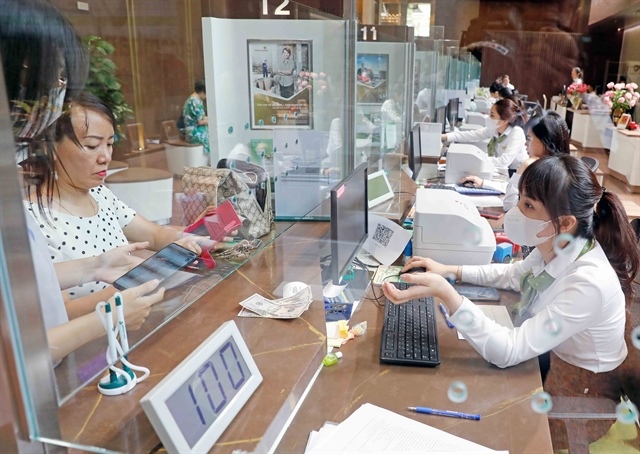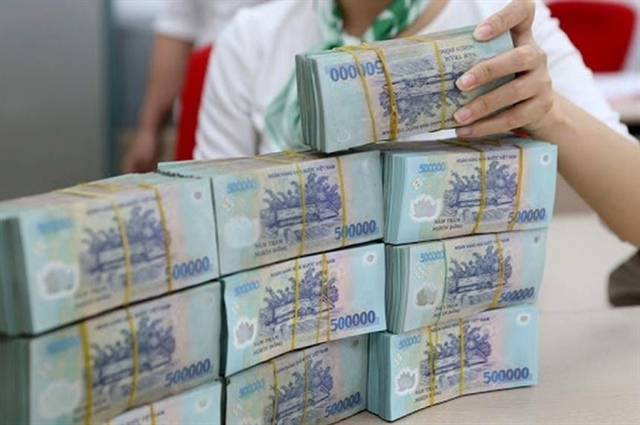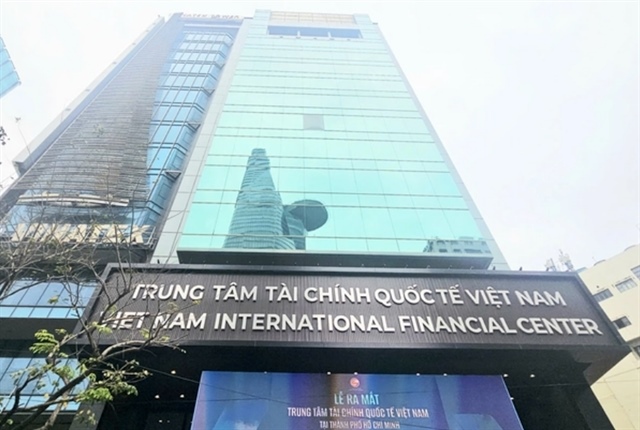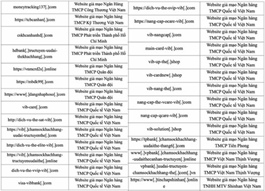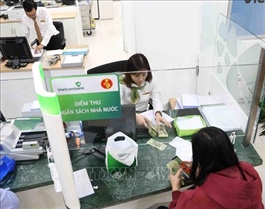Conflicts apparent regarding proposed consumption tax
Conflicts apparent regarding proposed consumption tax
Beverage industry leaders continue to put across their views on the potential increase in special consumption tax on various beverages.

Dau Anh Tuan, deputy secretary general and head of the Legal Department under the Vietnam Chamber of Commerce and Industry, said at a seminar on the issue this month that the draft amended Law on Special Consumption Tax (SCT) will have a great impact on businesses and industries.
“The impact of the tax law will not be far away, that’s why businesses and associations are interested in amending it,” Tuan said.
Drafting and completing the SCT bill has been increasingly difficult. It faces conflicting opinions, as the Ministry of Finance (MoF) plans to add more taxable items to the draft and increase tax rates. The drafting board is currently under great pressure and the discussion process is long, Tuan said, so it is necessary to listen to many opinions to choose the most optimal method.
The government and the MoF wish to present the draft at the upcoming National Assembly session in October. After discussion through two sessions, it is expected that the amended Law on SCT will take effect from 2026.
The latest draft of the law proposes imposing a tax of 80 per cent, gradually increasing over the years and reaching 100 per cent by 2030 for alcoholic products over 40-proof in strength. For alcohol below that, the agency proposes a tax rate of 50 per cent from 2026 and increasing to 70 per cent in 2030.
Chu Thi Van Anh, vice president and general secretary of the Vietnam Beer-Alcohol-Beverage Association (VBA), the proposals on beverages could be harsh for businesses, and will be the largest-ever increases in the history of excise tax increase for the alcohol industry in Vietnam.
“We are concerned that increasing taxes will lead to increased indirect taxes on consumers, especially that they will switch to using alcohol that is currently unmanaged and not aimed at protecting consumer health. Therefore, the association proposes to delay the increase schedule to avoid shock, so businesses can adapt,” Anh proposed.
Since 2020, the alcohol industry has experienced a sharp decline in output. The entire beverage industry inventory index in 2023 was estimated to have increased by 120 per cent compared to 2022, and the second quarter also recorded a nearly 130 per cent increase in the beverage industry inventory index, according to the VBA.
“The proposal cannot fully assess the huge impacts because this requires time, full official statistics, a scientific tax impact calculation model, consumer reaction, and more. Businesses are not clear based on this proposal,” Anh added.
Nguyen Van Phung, former deputy director of tax policy under the MoF, noted that SCT doubled between 2005 and 2015, but the ratio of alcohol abuse increased 10-fold.
“It was only when new drink-driving laws were released in 2019 that a major impact was seen on alcoholic beverage consumption behaviour,” Phung said.
According to the MoF, the tax rate will be adjusted but the purchasing power of alcohol will still increase because income are projected to increase faster. They assess the tax and price to be currently low, accounting for about 30 per cent of the retail price, while in many countries it is 40-85 per cent.



